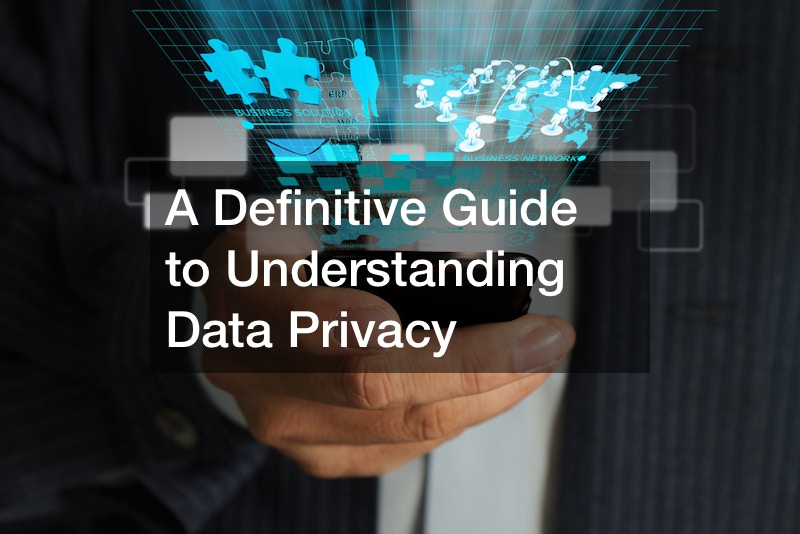In our increasingly interconnected world, data privacy has become a topic of paramount importance. With the rapid digitization of our lives, understanding the nuances of information privacy, cybersecurity, intellectual property, and dispute resolution is more crucial than ever before. In this article, we’ll explore what you need to know about information privacy and why it matters in our everyday lives.
What is Data Privacy?
Information privacy, often referred to as data privacy, is the practice of safeguarding personal and sensitive information from unauthorized access, use, or disclosure. It’s about maintaining control over who gets access to your personal data and how it’s used.
The Digital Age and Information Privacy
In today’s digital age, we generate an enormous amount of data every day. From our online shopping habits to social media posts and healthcare records, our personal information is scattered across the digital landscape. While it’s easier than ever to access information and services, it has also opened the door to potential threats.
The Role of Cybersecurity
Cybersecurity is the shield that protects our information privacy in the digital realm. It covers a range of practices, tools, and technologies designed to safeguard our data from cyber threats. These threats can take many forms, from hackers attempting to steal personal information to malicious software that can compromise our devices.
Safeguarding Intellectual Property
In the digital age, intellectual property is more valuable than ever before. It encompasses creations of the mind, including inventions, literary and artistic works, and even symbols, names, and images used in commerce. Protecting intellectual property is very crucial. Information privacy plays a significant role in ensuring that intellectual property remains secure and not subject to theft or unauthorized use.
Information Privacy in Practice
To better understand the practical implications of data privacy, consider the following scenarios:
- Online Shopping: When you make an online purchase, you share personal and financial info. Guarding the security of this data is essential for protection from identity theft and financial fraud.
- Social Media: Social media platforms collect vast amounts of personal data. It’s important to understand how your information is used, shared, and what privacy settings are available to control it.
- Healthcare Records: Medical records contain highly sensitive information. Laws and regulations, such as HIPAA in the United States, are in place to safeguard this data.
- Businesses and Intellectual Property: Companies rely on intellectual property for their competitive edge. Protecting trade secrets, patents, and copyrights is crucial for business success.
The Legal Aspect of Information Privacy
Dispute resolution is an important aspect of information privacy. When disputes arise over the handling of personal data or intellectual property, legal processes come into play. Different laws and regulations, such as the GDPR in Europe or the CCPA in California, provide individuals with rights and mechanisms for addressing privacy concerns. These legal frameworks help ensure that individuals have recourse when their information privacy is violated.
Taking Control of Your Information Privacy
Here are some practical steps you can take to enhance your information privacy:
- Strong Passwords: Use unique, strong passwords for online accounts and have a password manager to keep them secure. Avoid using easily guessable information such as birthdays or common words.
- Enable Two-Factor Authentication: Add an additional layer of security to your accounts using two-factor authentication wherever possible. This additional step significantly reduces the chances of unauthorized access.
- Review Privacy Settings: Regularly review and adjust privacy configurations on your online accounts and social media profiles to control what information is shared. Take advantage of granular privacy controls to customize your online presence.
- Stay Informed: Keep yourself updated on the latest cybersecurity threats and best practices for information privacy. Following reputable tech blogs and attending cybersecurity webinars can help mitigate potential risks.
- Read Privacy Policies: Whenever you sign up for a new online service, take the time to read their privacy policy to understand how your data will be handled. Pay close attention to how your data may be shared with third parties and opt-out options when available.
In conclusion, information privacy is not just a buzzword but a critical aspect of our lives in the digital age. Understanding its significance, along with cybersecurity, intellectual property, and dispute resolution, empowers individuals and businesses to protect themselves in an ever-evolving digital landscape. Remember to get help from experts like Celso De Azevedo to help you stay ahead in keeping your privacy secure.
